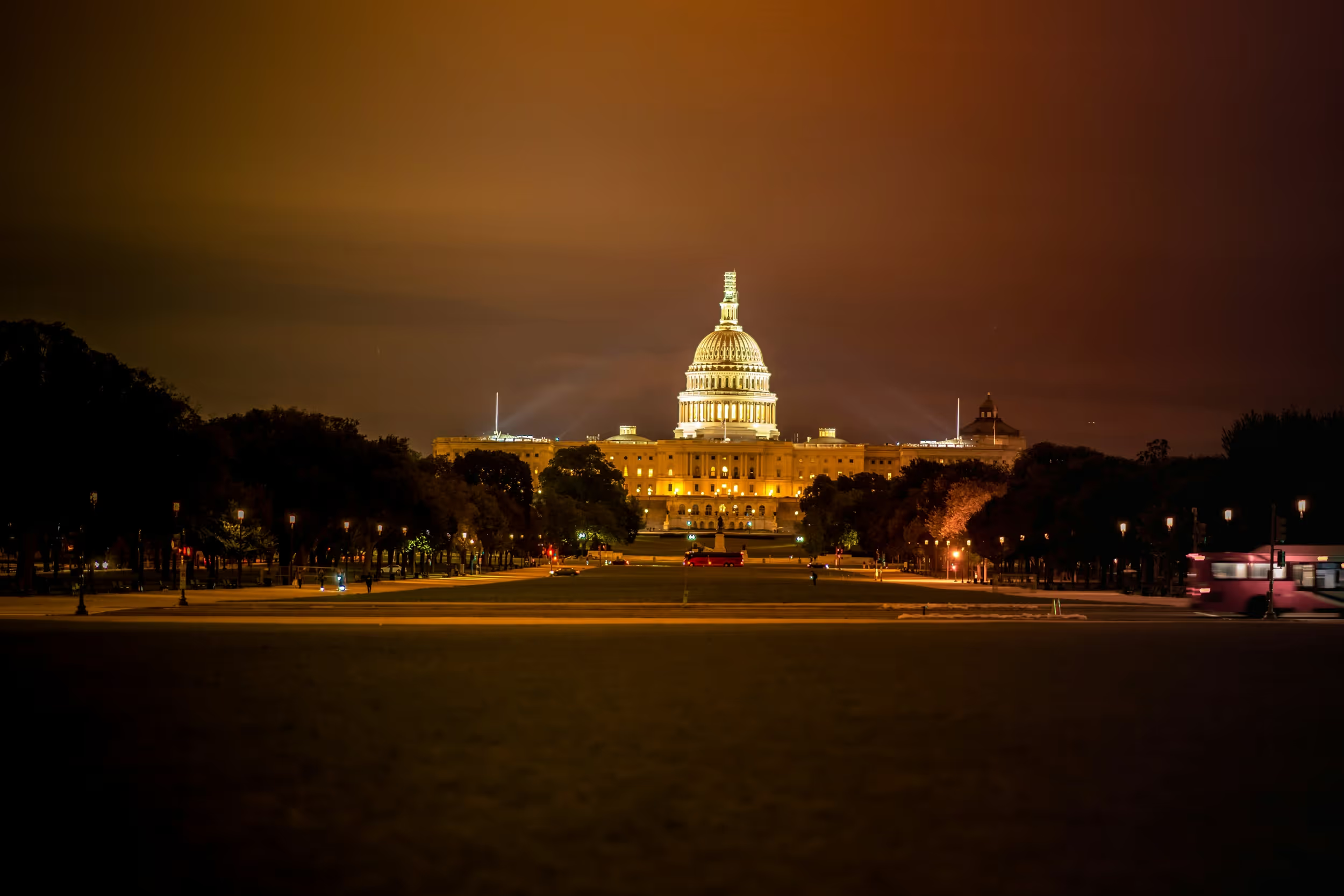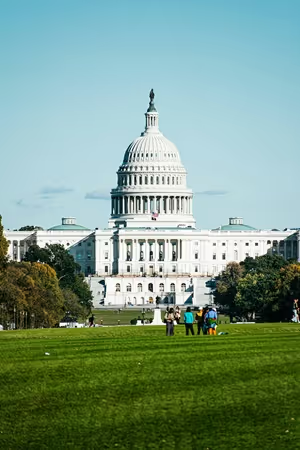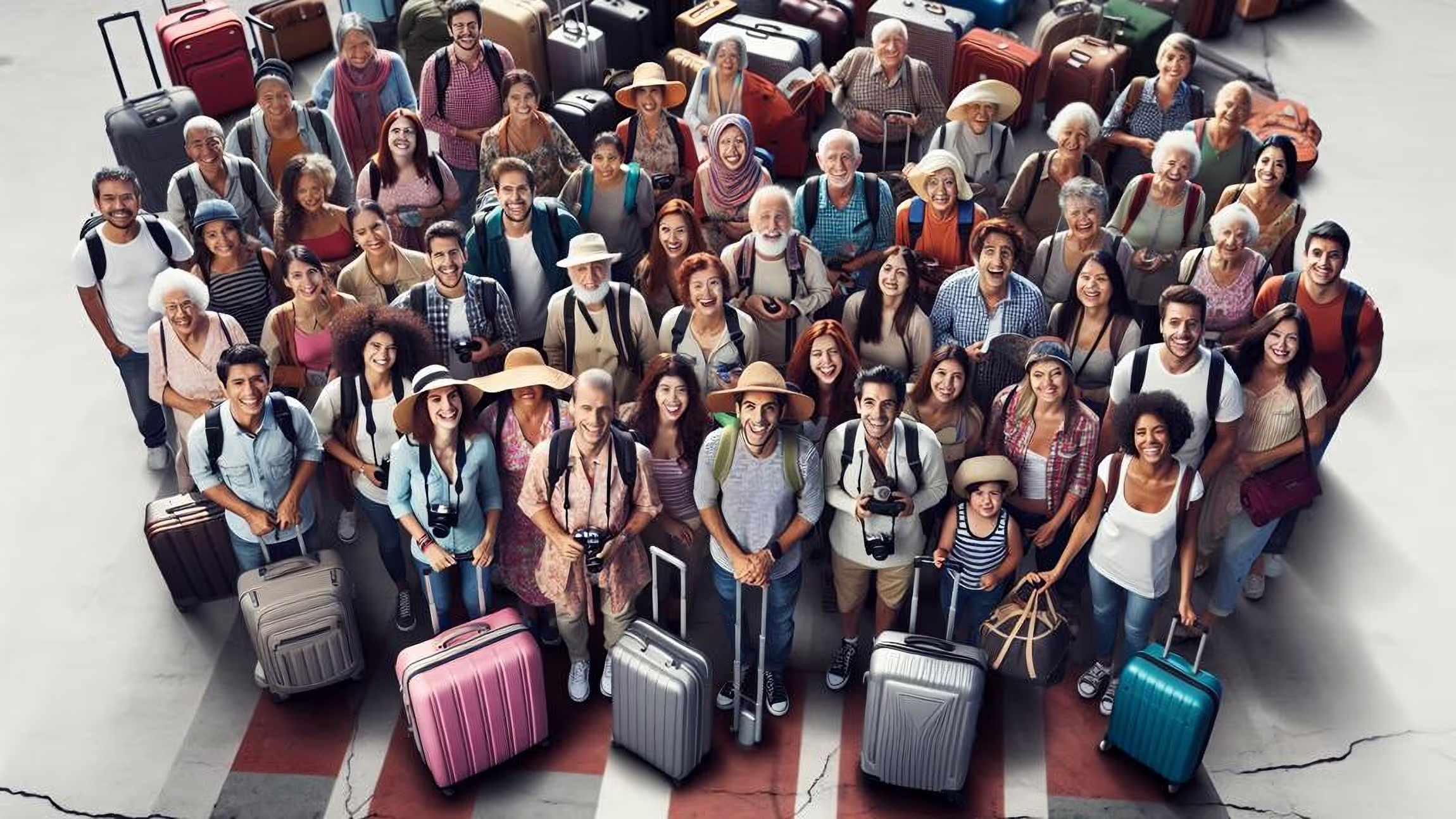The 36-Country Travel Ban: Corporate Travel Grapples with New US Laws

U.S. Travel Bans Cast Long Shadow Over Corporate Travel, Triggering Strategic Shifts in Both Business and Investments
Washington D.C. – July 14, 2025 – New and expanded U.S. travel bans, enacted earlier this year, are creating significant ripples across the corporate travel landscape, prompting businesses worldwide to re-evaluate their global strategies and embrace innovative solutions for cross-border collaboration. Industry leaders are reporting a marked decline in business travel volume and spending, as companies grapple with heightened administrative hurdles, rising costs, and growing reluctance among employees to undertake international assignments.
On June 4, 2025, a presidential proclamation reinstated and expanded travel restrictions, impacting nationals from 19 countries. While existing valid visa holders and U.S. Lawful Permanent Residents are exempt, the broad scope of these measures is forcing corporations to adapt swiftly.
Countries Affected by the Bans
The travel bans fall into two main categories:
Countries with Full Suspension of Entry (All Visa Categories Suspended):
For nationals of these countries, entry into the United States is suspended for all immigrant and nonimmigrant visa categories, with limited exceptions.
- Afghanistan
- Burma (Myanmar)
- Chad
- Republic of the Congo
- Equatorial Guinea
- Eritrea
- Haiti
- Iran
- Libya
- Somalia
- Sudan
- Yemen
Countries with Partial Restrictions (Certain Visa Categories Suspended):
For nationals of these countries, specific nonimmigrant visas (including B-1/B-2 for visitors, F for students, M for vocational students, and J for exchange visitors) and all immigrant visas are suspended, with limited exceptions.
- Burundi
- Cuba
- Laos
- Sierra Leone
- Togo
- Turkmenistan
- Venezuela
These restrictions primarily apply to foreign nationals who were outside the U.S. on June 9, 2025, and did not possess a valid visa to enter the U.S. before that date.
The Ripple Effect on Corporate Travel

"The new travel bans introduce new complexities for international business travel, particularly for organizations that rely on talent mobility and cross-border collaboration," stated a recent report from BCD Travel. For companies with operations or clients in fully banned nations, the ability to conduct in-person meetings, trainings, and project work in the U.S. is severely limited. This has accelerated a shift towards remote alternatives and the redeployment of personnel from unaffected countries.
The Global Business Travel Association (GBTA) recently surveyed over 900 industry professionals, revealing a palpable sense of apprehension. Nearly a third of global travel buyers anticipate a decrease in business travel volume at their companies in 2025, with an average predicted drop of 21%. Likewise, 27% foresee a 20% decrease in spending, which could translate to an $88 billion decline in the $1.63 trillion global business travel industry this year.
"Productive and essential business travel is threatened in times of economic uncertainty or in an environment of additional barriers and restrictions," commented Suzanne Neufang, CEO of GBTA. "This undermines economic prosperity and damages the many sectors that rely on global business travel to survive and thrive."
Beyond direct entry restrictions, businesses are encountering a range of challenges. Higher costs related to travel are a primary concern for 54% of respondents in the GBTA survey, driven by tariffs and administrative burdens. Additional processing and documentation requirements, such as visas and travel authorizations, worry 46% of companies. Furthermore, 37% report a decreased willingness among employees to travel to the U.S. for work, coupled with increased safety and duty of care considerations.
In response, many organizations are overhauling their travel policies. Seven percent of buyer organizations have already revised their corporate travel guidelines for U.S. trips since January, with another 25% actively considering such changes. Up to 20% have canceled, moved, or withdrawn attendance from U.S.-based meetings and events, and 14% have already relocated or are considering relocating events outside the U.S. Companies outside the U.S. are three times more likely to move meetings to other locations.
Travel advisors are also feeling the pinch. A recent June 2025 survey by the American Society of Travel Advisors (ASTA) highlighted a noticeable downward shift in consumer demand, with clients expressing hesitation and a rise in international travel postponements. While outright cancellations saw a slight decrease, the trend suggests travelers are increasingly opting to "wait and see."
"In the travel industry, uncertainty is poison," said Zane Kerby, President and CEO of ASTA. "When consumers feel unsure about the state of the economy, about global conflict, about whether they'll be welcome at their destination, they pause. They wait. Sometimes, they cancel their travel plans altogether."
For corporations navigating this complex environment, proactive measures are paramount. This includes reviewing workforce demographics to identify employees potentially affected by the bans, reassessing pending travel and visa renewal plans, and developing alternative hiring strategies. Legal counsel is increasingly sought to explore waiver options and alternative visa categories. Companies are also advising employees to reconsider non-essential international travel and preparing them for increased scrutiny upon re-entry.
The long-term effects of these travel bans are still unfolding, but the current trajectory suggests a significant reshaping of global corporate mobility. Businesses are adapting by emphasizing remote work, diversifying international engagement, and investing in robust risk management protocols to mitigate the ongoing uncertainties.



.avif)



![How to Get the Best Hotel Deals and Rewards [Infographic]](https://cdn.prod.website-files.com/66a41388b1be9ba182f1e80c/66a41388b1be9ba182f1f257_Windsor_Hotel_-_in_winter.avif)





.avif)









